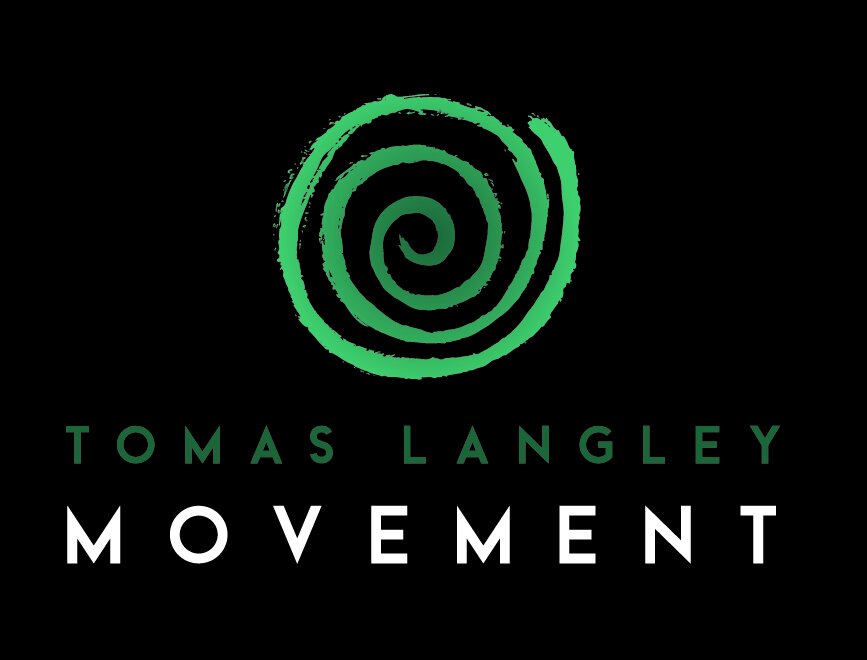Very early in 2018 I had a super weird realisation: I’m a details person. I delight in details. I get sucked into and lost in details.
Time and time again in 2017 I noticed people saying things to me like “thanks for all the detail you put into this” or “you spent way too long on this, it’s only a small detail for this report!” or “you’re a great [physiotherapy] client because you’re always asking so many questions and pay attention to all the details” . I kept putting it out of my mind, but I could feel a little pull that there was something important here. It took me almost all year, but eventually the common theme got through to me: on things that matter to me, I go into lots of detail.
This was a mind blown moment for me. For some reason I’ve always thought of myself as a big picture person who stayed up in the clouds and didn’t like detail. When I heard descriptions of ‘dreamers’ and ‘details’ people, I always identified so much more with the ‘dreamers’. I think part of it is also that somewhere deep inside, I feel that it’s somehow ‘better’ to be a dreamer than a details person so I willed myself to be a ‘dreamer’ so I could be better. Pretty dumb right? Talk about a [story I’ve built my identity on].
I asked a few of my close friends about this and they were all surprised I didn’t realise I was a details person. They told me that the difference with me and a ‘classic details person’ is that I tended to start big picture, then sink right down into the detail to get something done. Apparently other ‘details people’ always start in the detail and have trouble ever coming up to big picture.
All of a sudden I’m free of this story. I’m not a dreamer. I am capable of getting into details (so capable that I do it all the time without even meaning to!) I’m not just a slow worker - I’m getting bogged down in detail. Now that I realise that’s what’s happening, I’m able to catch myself much sooner than before. I’m able to use my details-power for good! It’s very exciting and I’m looking forward to seeing what I can do with this new knowledge.
All this got me thinking. What long-held truths about you aren’t true? Is there anything pulling at your awareness right now that might change your story of who you are?






